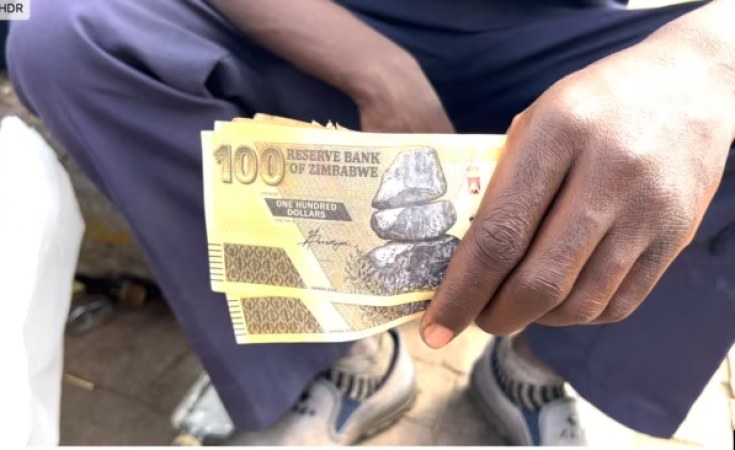TREASURY has intensified its blitz against illegal exchange rate traders and has equipped the central bank's Financial Intelligence Unit (FIU) with more resources so it "remains more effective on the ground".
Following the introduction of the new ZiG currency on April 5, the government clamped down on forex traders contravening the Exchange Control Act.
As of April 15, 224 illegal money changers had been arrested, 40 had been fined and 90 bank accounts frozen by the FIU.
Finance Minister Mthuli Ncube recently told Parliament that there was an overwhelming number of cases involving violation of the country's monetary and fiscal policies.
Legislators told the Speaker that the public has been short-changed by money changers since the launch of the new currency last month.
Asked whether the FIU department was effective or not, Ncube responded "Yes, the FIU has been effective in investigating illicit activities, money laundering and other aspects and, triggering the sanctions on those who are deviating from the prescribed exchange rate or pricing frameworks, but of course, we can never say they have all the capacity they need.
"They have written to me to say to the Minister, we need more capacity and I have granted that. We will be giving them more resources so that they can hire more personnel equipment or whatever they need like tools of trade to remain effective on the ground."
MP Albert Mavhunga alleged most service providers were introducing unfair exchange rates.
"It is very important that we should protect our currency and keep it stable and discourage unnecessary speculation. The speculation is unjustified.
"For those who are managing retail or own retail organisations and sell goods to the public, we are insisting as a government that they ought to use the willing buyer-willing seller price for foreign currency as the basis for pricing," Ncube said.
He added that the 10% exchange limit for certain prices was removed with Parliament's approval.
"We have removed any basis to deviate officially from the official exchange rate, that 10% exchange limit was causing deviation as an excuse for overpricing purposes.
"We are putting certain measures, certain sanctions on those who deviate from that objective."
"So far, we have been concentrating on enforcement at the tail end. What should be done is enforcement along the value chain. Manufacturer, wholesaler up to retailer,.
"I have instructed the FIU to begin doing that to ensure enforcement is involved right through the value chain. That is exactly what we will do."
The Finance Minister urged the use of the willing buyer-willing seller pricing mechanism, warning that any deviation would be sanctioned through a fine of no less than ZiG 200 000.
Some citizens have complained that they have not yet accessed the ZiG notes and coins which started circulating on April 30.
"I am yet to see any of the new notes introduced but ZiG racho hakuna," said a Harare resident producing a kombi token.
Some public transport operators have introduced the token as they are struggling to get ZiG notes to use as change.


